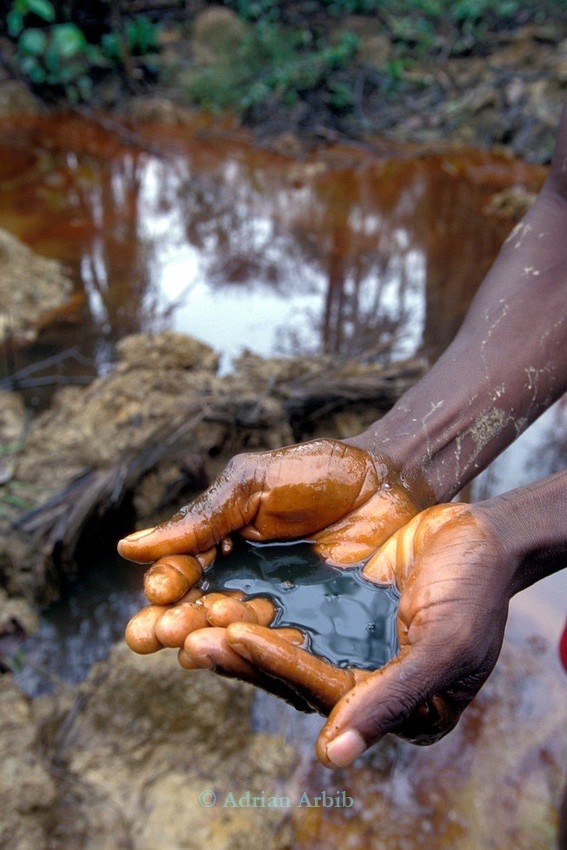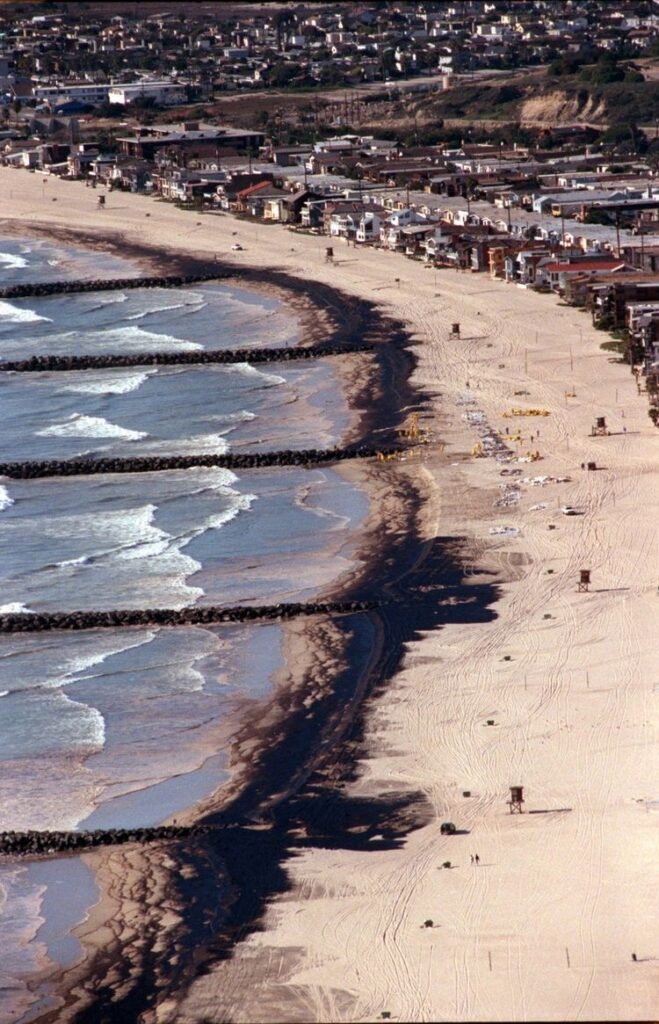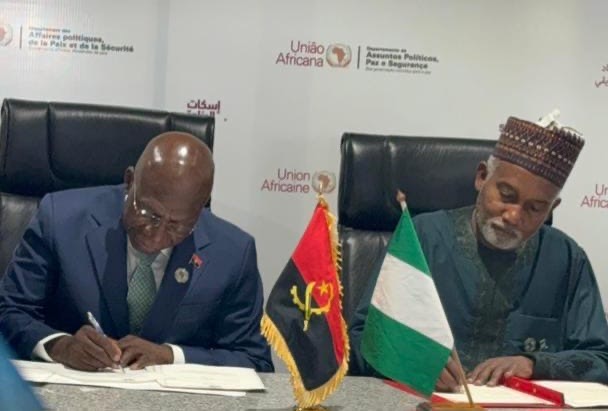The Occurrence of oil spills has persistently inflicted profound and dire consequences upon the fishing communities of Nigeria, thereby causing significant disruption to their socio-economic fabric, ecological equilibrium, and holistic welfare. These communities, intricately dependent on piscatorial activities as a central wellspring of economic subsistence and nourishment, find themselves enmeshed within a labyrinthine tapestry of adversities owing to the catastrophic ramifications engendered by oil spill incidents.
Between 1976 and 1991, when Nigeria developed into a significant supplier of world oil production, a startling volume of crude oil exceeding two million barrels caused pollution in Ogoniland, manifesting as 2,976 separate incidences of oil spills. The National Oil Spill Detection and Response Agency (NOSDRA) of Nigeria recorded a total of 822 oil spillage events in the recent years of 2020 and 2021, resulting in the release of 28,003 barrels of crude oil into the delicate ecological environment.
Nigeria, a country with abundant oil resources, has had periodic oil spills in its coastal seas and deltas, which are mostly due to pipeline vandalism, operational issues, and insufficient care of oil infrastructure. These spills have a direct impact on the lives and livelihoods of fishing communities by polluting water bodies, upsetting aquatic ecosystems, and poisoning fish stocks. The effects are wide-ranging and include social, environmental, and economic aspects.

The economic foundation upon which these towns are built is being eroded by the oil spills. Fishing, once a lucrative industry, is becoming challenged as piscine populations decline and buyers become wary of contaminated harvests. Many fishermen find themselves jobless, struggling to support their families, and trapped in the grip of poverty as their main source of income is threatened. Furthermore, the destruction of piscine reservoirs has an impact on everyone involved in the value chain, including fishermen, merchants, processors, and distributors, resulting in a domino effect of negative financial effects.
The environmental repercussions of these oil spills are very significant. The discharges jeopardise the biodiversity’s tapestry by upsetting the delicate balance of marine habitats, which harms a variety of species. Coral reefs, mangrove preserves, and other crucial ecosystems are damaged, depriving marine life of vital spawning grounds and raising grounds. Long-lasting oil leak toxicity causes contamination of aquatic flora and wildlife long after the initial incidence. The rich tapestry of the local biodiversity suffers irreparable deterioration as a result of these disruptions, which in turn spread imbalances that ricochet throughout the intricate web of the environment.
On a Social level, oil spillage put societal strain on the foundation of fishing communities. Between affected communities and oil firms, disagreements about reparations for damages frequently surface, escalating into hostilities. Due to the spread of false information and the decline in trust, improper communication makes the problem worse. By forcing people into new areas and putting strain on relationships with adjacent communities, the uprooting of communities as a result of environmental destruction further shatters social cohesion.

Efforts to mitigate the impact of oil spills have been met with mixed success. While some strides have been made in terms of awareness and regulatory measures, enforcement remains a challenge. The complex legal landscape and varying levels of government commitment often hinder efficient responses to spills and their aftermath. Additionally, the long-term effects of oil spills necessitate continuous monitoring, cleanup, and rehabilitation efforts that are difficult to sustain over time.
To properly address these difficulties, a detailed and thorough strategy must be developed. Collaboration between governmental organisations, oil companies, and local communities becomes crucial. This means strengthening regulatory frameworks, enforcing fines for carelessness, and allocating funds for precautionary measures. The active participation of local communities in critical decision-making processes is equally important since it ensures that their voices are amplified and that their concerns are addressed. The spread of information about the seriousness of this situation, both within local communities and globally, can act as a catalyst for rallying support and spurring action.
The effects of oil spills on Nigeria’s fishing communities present a complex conundrum with profound implications. The need to solve this situation is made more pressing by the disruption of economic support, the degradation of ecological enclaves, and the fracturing of communal togetherness. To minimise the damaging effects of oil spills, a coordinated effort that brings together business commitment, governmental stewardship, and local community resiliency is essential. Thus, the delicate balance of marine ecosystems may be restored, and the Nigerian fishing communities can be assured of a sustainable future.
Sources
- https://www.ncbi.nlm.nih.gov/pmc/articles/PMC6201865/#:~:text=The%20Niger%20Delta%20region%20is,and%20also%20contaminate%20valuable%20fish.
- https://www.itopf.org/fileadmin/uploads/itopf/data/Documents/TIPS_TAPS_new/TIP_11_Effects_of_Oil_Pollution_on_Fisheries_and_Mariculture.pdf
- https://www.aljazeera.com/features/2022/12/21/timeline-oil-spills-in-nigerias-ogoniland#:~:text=In%202020%20and%202021%2C%20Nigeria’s,have%20reported%20myriad%20health%20issues.
- https://www.aljazeera.com/features/2022/12/21/timeline-oil-spills-in-nigerias-ogoniland#:~:text=In%202020%20and%202021%2C%20Nigeria’s,have%20reported%20myriad%20health%20issues.
- https://www.pbs.org/newshour/amp/world/shell-pipeline-oil-spill-contaminates-farming-fishing-communities-in-a-long-polluted-part-of-nigeria




